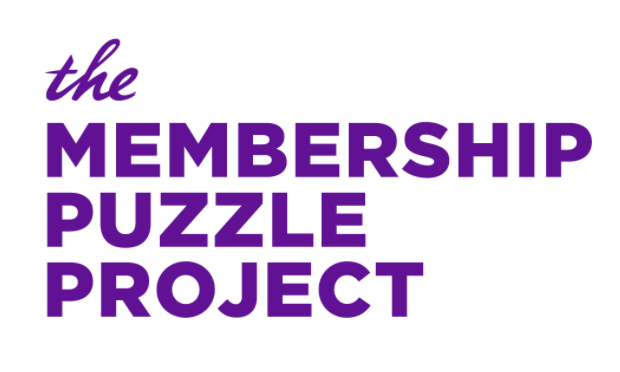 “Subscribers pay their money and get access to a product. But members join the cause and participate because they believe in it.”
“Subscribers pay their money and get access to a product. But members join the cause and participate because they believe in it.”
This succinct definition from Emily Goligoski cuts to the heart of membership-based journalism models. Goligoski is the research director at Membership Puzzle Project, a collaboration between the Dutch journalism platform De Correspondent and New York University.
With programmatic ad sales dropping during the pandemic, many news organizations turning to membership programs to start filling that gap, writes Faisal Kalim in What’s New In Publishing.
“Membership can be an enduring and substantial source of revenue for publishers because it is based on a strong relationship with the readers,” Kalim writes. He offers two examples – The Guardian and the Daily Beast – that have both seen solid growth in their membership programs.
It’s important not to confuse subscriptions with membership programs, as Goligoski explains. “In membership, there’s a different social contract or value proposition between the site and its members.
“At the basic level of: What do you give? What do you get? Subscribers pay their money and get access to a product. But members join the cause and participate because they believe in it,” she continues.
This contract is the cornerstone for a successful membership program, as it requires an editorial mission that values their relationship with the reader, beyond the normal “eyeballs to audience” approach of ad-based journalism.
Can a return to reader revenue save journalism, under tremendous pressure of late from all sides? Advocates of the membership model believe it can.
The Membership Puzzle Project offers both strategic and tactical advice, like optimizing your news organization for trust, using first-party data to make informed decisions, and finding a sustainable path for public service journalism. In short, it’s offering news organizations a way to unshackle themselves from editorial restrictions based on investor or ad partner biases.
“Membership is not just a marketing play for the publisher but is owned in equal part by the newsroom,” Kalim writes. “One of its editors is in charge of membership and helps define the strategy with the commercial team.”
He provides several examples in his article, including the Daily Maverick, a South African news site that faces all the usual challenges to modern journalism, with an added helping of SA-style political chaos and harsh economic realities for its reader base.
“They started experimenting with membership strategies with the help of the Membership Puzzle Project,” Kalim writes. “The goal was to keep quality journalism and investigations free for all, and enable the publisher to continue doing its role as a watchdog.”
It’s working; 200 people signed up on the first day, and they are approaching a 10,000-member milestone.
“Reader revenue has freed us from the shackles of others we can’t see or who don’t care,” wrote Styli Charalambous, the Co-founder and CEO of Daily Maverick, in a piece for NiemanLab. “We’re taking back control of our own destiny through the direct relationship with our members.”
“For membership to succeed, a news organization needs to buy into the concept completely. It cannot be something that a person or team does alone,” Charalambous notes. He stresses how vital it is to find new ways to fund journalism.
“To say our industry is in a deep, dark hole from which it might never escape is downplaying the size of the problem,” he writes. “Reader revenue has freed us from the shackles of others we can’t see or who don’t care. We’re taking back control of our own destiny through the direct relationship with our members.”
As mass news outlets spend so much time covering each other instead of doing quality investigative journalism, I believe there is a ready market out there for people who believe that a free press is a cornerstone of a free people.
Membership models like these offer interesting promise, and we’ll be watching closely how this evolves. Because real journalism matters.

July 23, 2020, 11:37 am